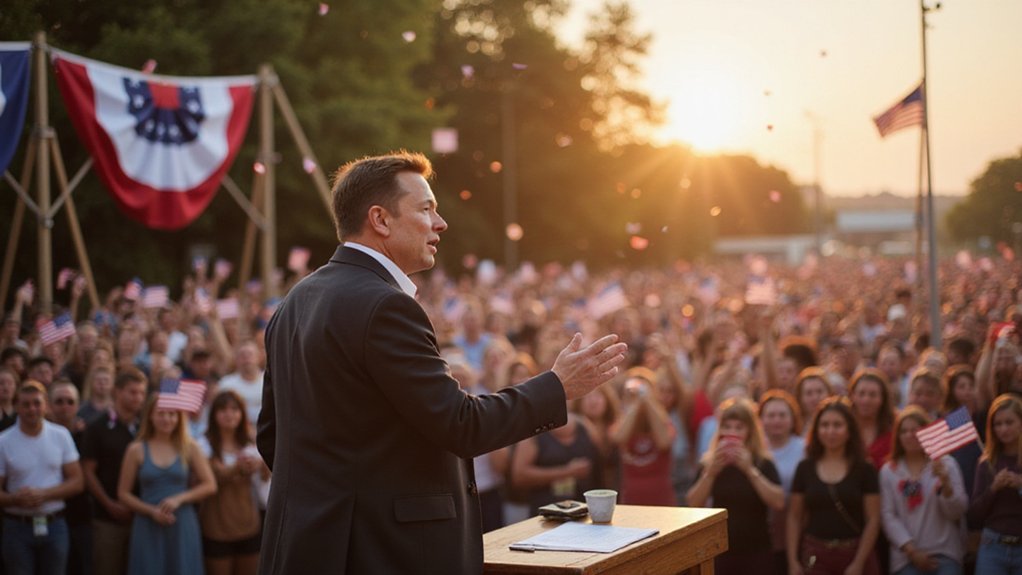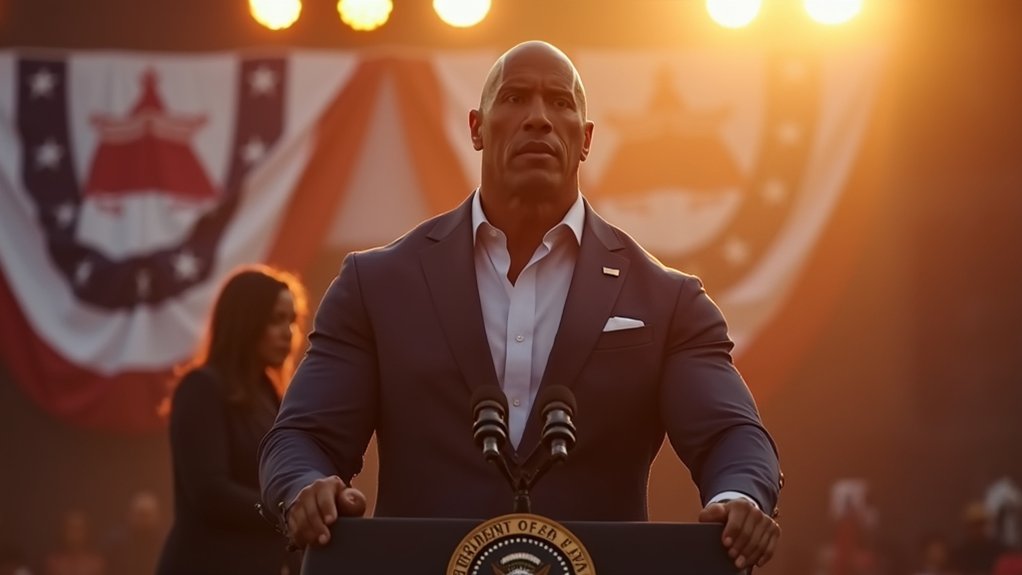While most billionaires content themselves with acquiring sports teams or space ventures, Elon Musk has decided to tackle what he perceives as the ultimate inefficiency: the American political system itself. The Tesla and SpaceX mogul has announced the formation of the “America Party,” a direct response to his growing frustration with both major political parties and their apparent inability to address fiscal responsibility.
The catalyst for this political pivot appears to be Trump’s “Big Beautiful Bill,” which Musk opposed despite initially supporting the former president’s re-election bid. Their subsequent public feud highlighted irreconcilable differences over government spending—a curious development given Musk’s previous leadership of the Department of Government Efficiency (DOGE) during the Trump administration.
The billionaire’s criticism of what he termed excessive government waste has now evolved into a full-scale political enterprise. Musk’s announcement on X (the platform he owns, naturally) was accompanied by a mission statement promising to “give back freedom by reducing corruption and inefficiency.”
Over 65% of poll participants supported the new party formation, suggesting genuine appetite for alternatives to the traditional Democratic-Republican duopoly. The strategy involves leveraging Musk’s considerable wealth and massive social media following to target specific House and Senate districts in upcoming midterm elections. The America Party plans to focus on two to three Senate seats and eight to ten House districts to influence key legislative votes.
Musk’s wealth and social media empire could reshape traditional politics by targeting vulnerable congressional districts with unprecedented resources.
The public reaction has been predictably polarized. Supporters view the America Party as necessary disruption to a calcified system, while critics question the wisdom of allowing another billionaire to purchase political influence. The irony is palpable: a man who has benefited enormously from government contracts and subsidies now positions himself as the champion against government excess.
Legal hurdles and ballot access requirements present significant challenges for any third-party effort, regardless of available capital. Historical precedent suggests that third parties typically serve as spoilers rather than genuine alternatives, though Musk’s unique combination of resources and reach could potentially pressure both major parties toward reform. A competitive third party could disrupt over a century of Democratic and Republican dominance.
Whether the America Party represents genuine political innovation or merely another wealthy individual’s vanity project remains to be seen. Given Musk’s expertise in building community engagement platforms and his understanding of decentralized communication, he may apply similar strategies to political organizing that have proven successful in his business ventures. What seems certain is that Musk has once again demonstrated his preference for disrupting established systems rather than working within them.









